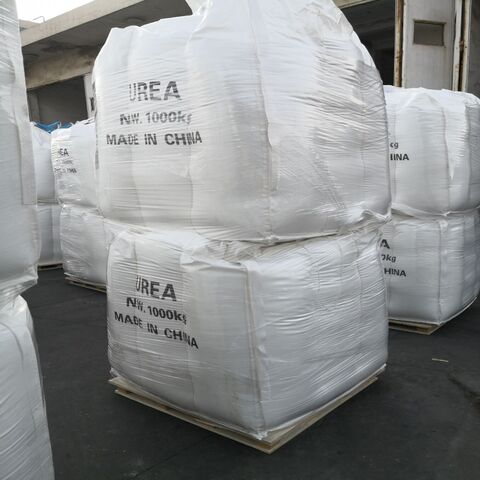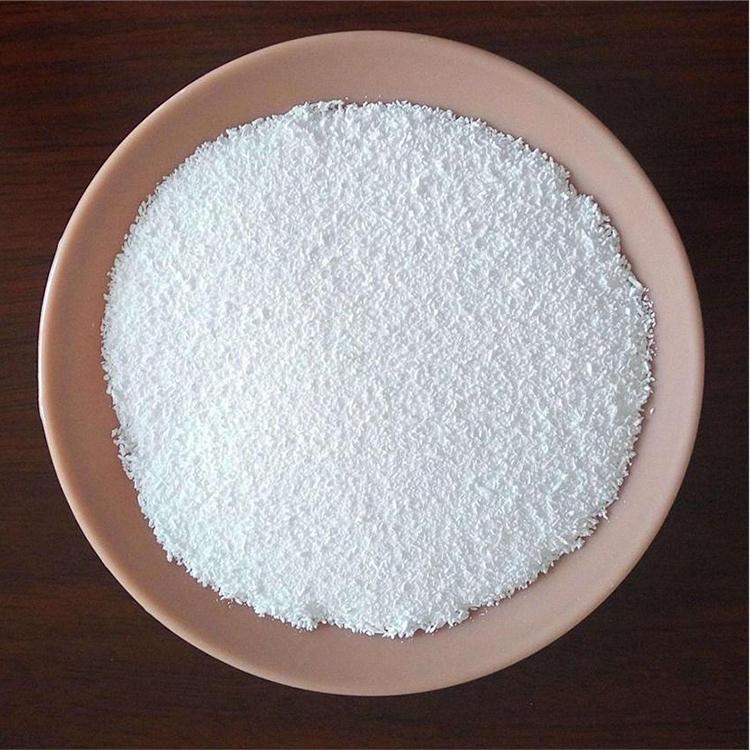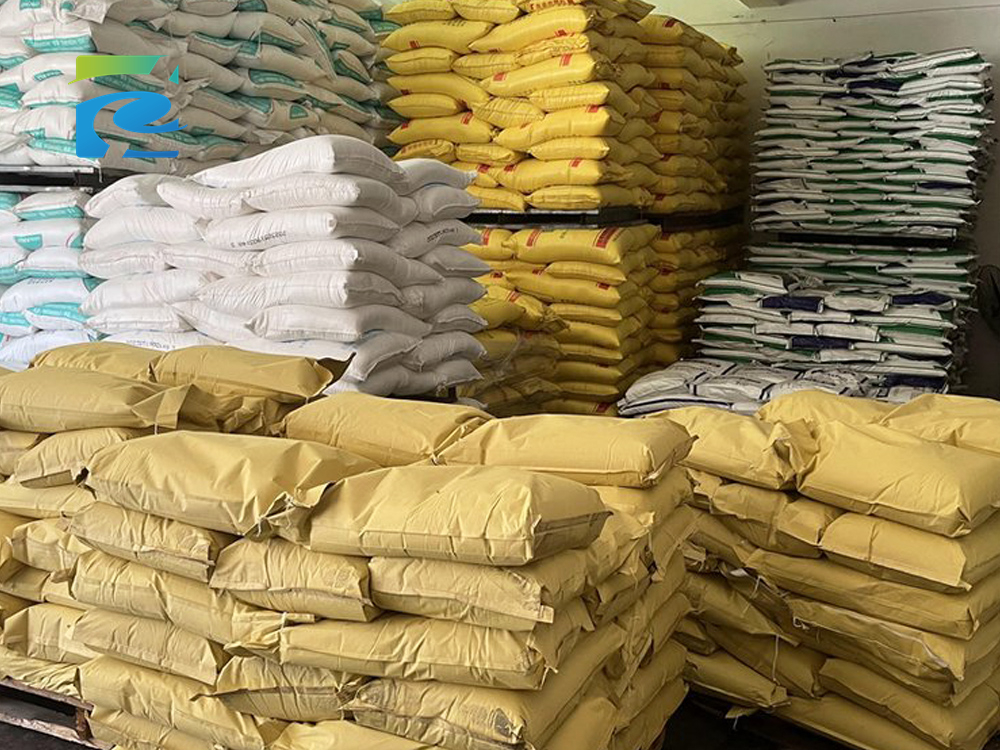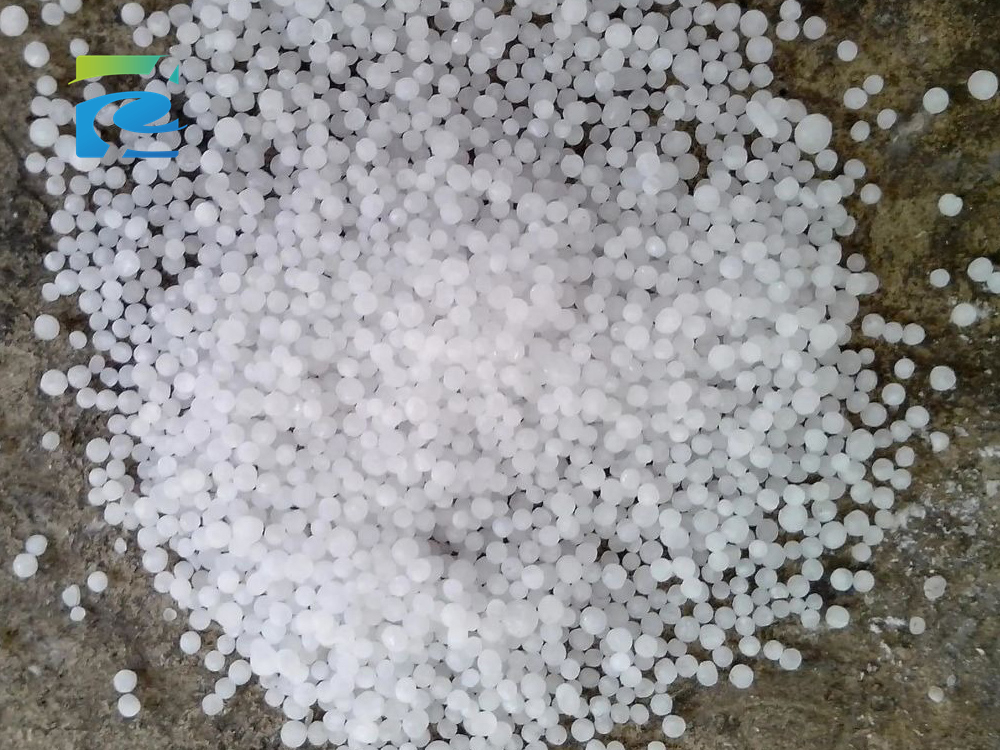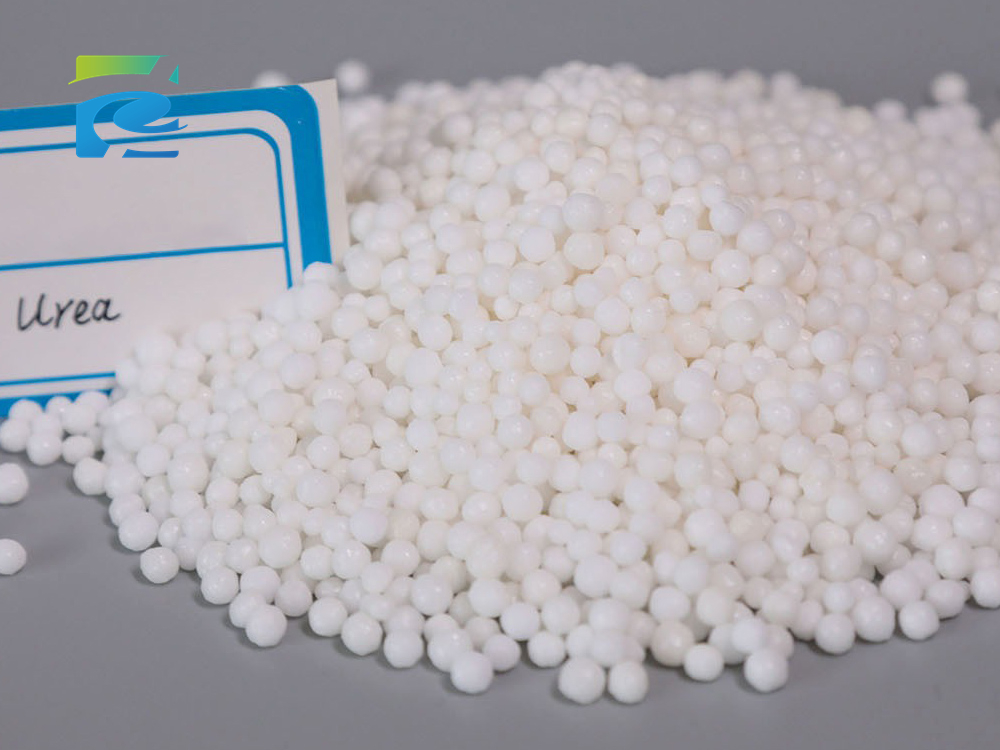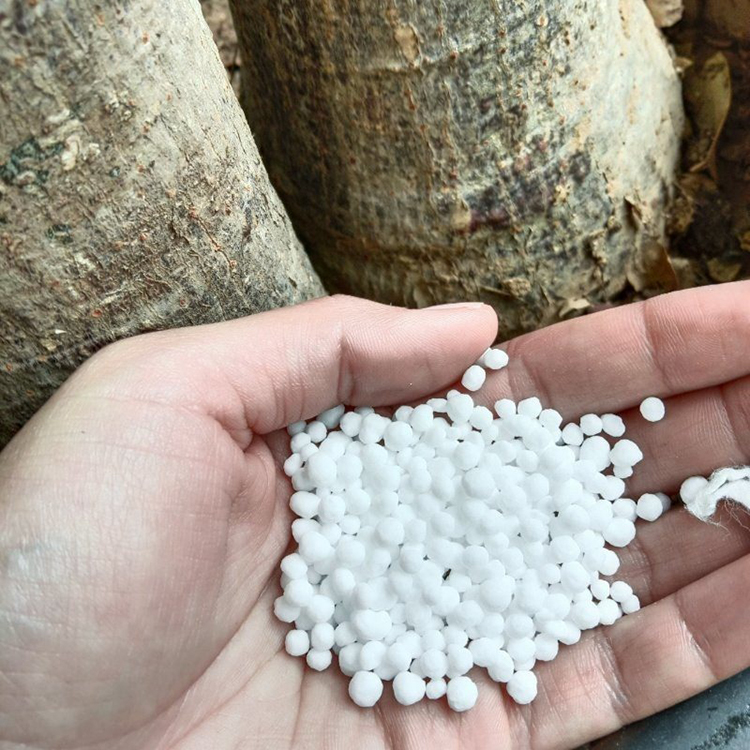Urea, do you really understand?
Time : 2025/02/13
Urea has many uses, besides being known as chemical fertilizer, there are also some daily uses, such as ointment sold in pharmacies, putty powder for painting walls during decoration, etc., but the main use is to be used as fertilizer in the field. As a fertilizer, urea can be used as compound fertilizer, irrigation fertilizer, water-soluble fertilizer and foliar fertilizer.Although urea has many uses, it is also widely known to farmers, but Xiaobian still wants to talk about the advantages and disadvantages of urea here, so that everyone can be psychologically prepared when using it.(1) Advantages of urea:1. The nitrogen content is high. The nitrogen content of urea produced by regular manufacturers is about 45%~46.4%, which is the fertilizer with the highest nitrogen content except liquid ammonia, but liquid nitrogen is not suitable for agricultural production because it is rare and easy to evaporate. .2. Urea is a neutral fertilizer, which has little harm to soil and generally does not cause soil hardening or acidification and alkalization; Moreover, urea has strong miscibility, and it is generally no problem to mix with other fertilizers and pesticides.3. The absorption of urea is fast. After spraying urea on leaves, it can be completely absorbed in about 1~2 days. If it is applied to the ground as a fertilizer, urea will be transformed quickly at high temperature and can be absorbed in about 2~7 days. If the temperature is low, it will take about 7~10 days.(II) Disadvantages of urea:1. During the production of urea, a substance called biuret will be produced. If its content is too high, it will have adverse effects on the growth and development of crops, such as burning roots, burning leaves, inhibiting germination, etc. Therefore, the content of biuret in regular urea is generally below 2%.2. When urea is dissolved, it will absorb some heat. If urea is used in greenhouses in winter, attention should be paid to it. After urea is applied, temperature increase measures should be taken, otherwise the low temperature will drop and the roots will easily catch cold, which will affect the growth of crops.3. Urea does not need to be applied to the ground. It needs a certain transformation time, and it takes 1~2 days to be absorbed by crops except spraying on leaves.
Previous : Already the first
Next : Already the first
News
 Urea is deteriorating, but ammonium sulfate exports are breaking new recordsIn recent days, the price of urea market has continued to decline, and it is difficult to improve. Only driven by futures, it occasionally rises and then falls again. Domestic urea production capacity is in excess, the market supply exceeds demand, urea enterprises are under obvious pressure, and the new orders are not good
Urea is deteriorating, but ammonium sulfate exports are breaking new recordsIn recent days, the price of urea market has continued to decline, and it is difficult to improve. Only driven by futures, it occasionally rises and then falls again. Domestic urea production capacity is in excess, the market supply exceeds demand, urea enterprises are under obvious pressure, and the new orders are not good What are the demand factors for urea among chemical products? How does this demand affect the market price?As an important chemical product, the demand for urea is affected by a variety of factors, and changes in these demand factors will cause significant fluctuations in market prices.
What are the demand factors for urea among chemical products? How does this demand affect the market price?As an important chemical product, the demand for urea is affected by a variety of factors, and changes in these demand factors will cause significant fluctuations in market prices. Latest chemical commodity cost analysis: urea and methanol are losing moneyCost data for 12 chemical commodities in the futures market have been updated. According to the latest information provided by market information, the trading prices of key chemical products such as urea, methanol, liquefied petroleum gas (LPG),
Latest chemical commodity cost analysis: urea and methanol are losing moneyCost data for 12 chemical commodities in the futures market have been updated. According to the latest information provided by market information, the trading prices of key chemical products such as urea, methanol, liquefied petroleum gas (LPG), Urea breaks out with big gains due to export newsCore view: Methanol futures prices have obvious seasonality. In the first half of the year, they tend to rise and then fall. In the second half of the year, the golden September and silver October will drive prices up. As November approaches, speculation on Iran's gas restrictions will be rampant. Methanol may have some big market trends at 2509 or 2601.
Urea breaks out with big gains due to export newsCore view: Methanol futures prices have obvious seasonality. In the first half of the year, they tend to rise and then fall. In the second half of the year, the golden September and silver October will drive prices up. As November approaches, speculation on Iran's gas restrictions will be rampant. Methanol may have some big market trends at 2509 or 2601. Urea: a multifunctional basic chemical raw materialUrea, also known as urea or carboxamide, is an organic compound with white crystals. It is composed of carbon, nitrogen, oxygen and hydrogen, and is known as one of the simplest organic molecules. As a neutral fertilizer, urea is suitable for all kinds of soils and plants, and it is easy to store and use
Urea: a multifunctional basic chemical raw materialUrea, also known as urea or carboxamide, is an organic compound with white crystals. It is composed of carbon, nitrogen, oxygen and hydrogen, and is known as one of the simplest organic molecules. As a neutral fertilizer, urea is suitable for all kinds of soils and plants, and it is easy to store and use Basic information, execution standards, and fertilization points of ureaUrea, known as carboxamide, is an organic compound composed of carbon, oxygen, nitrogen and hydrogen, showing a white crystal form. It is not only the basic substance of life, but also one of the simplest organic compounds. Its chemical formula is CH4NO2
Basic information, execution standards, and fertilization points of ureaUrea, known as carboxamide, is an organic compound composed of carbon, oxygen, nitrogen and hydrogen, showing a white crystal form. It is not only the basic substance of life, but also one of the simplest organic compounds. Its chemical formula is CH4NO2
